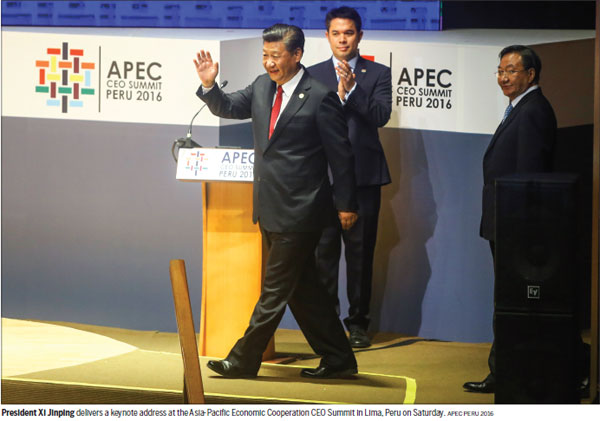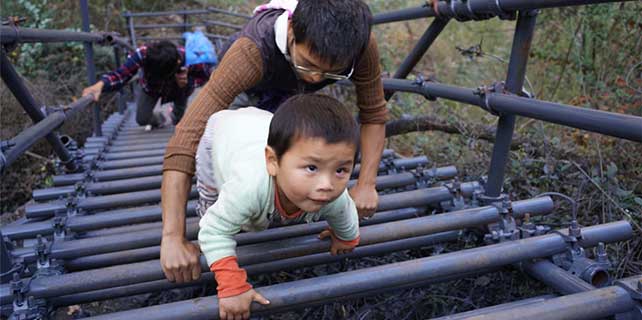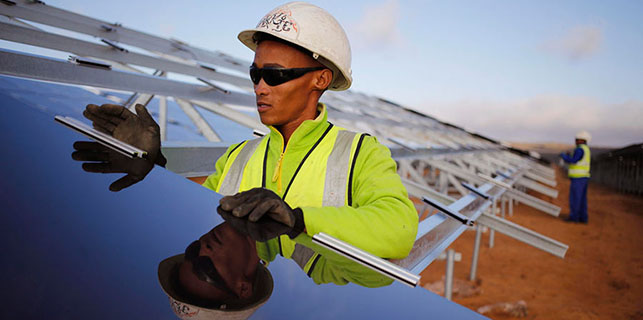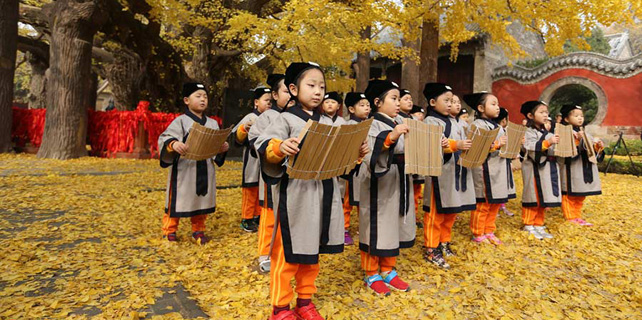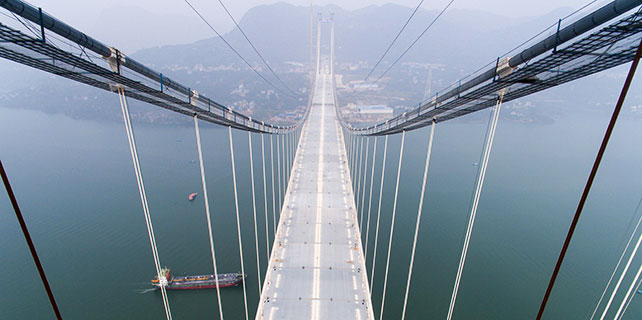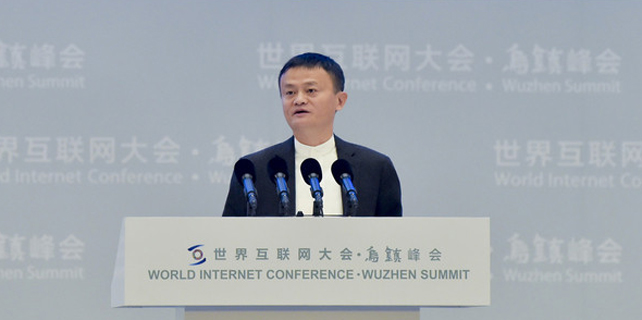Xi: Trade should be inclusive
It is "not the right choice" to make exclusive regional trade arrangements as the Asia-Pacific region is facing the common challenge of protectionism amid slowing trade growth, President Xi Jinping said over the weekend in Lima, Peru.
Xi spoke in a keynote address at the Asia-Pacific Economic Cooperation CEO Summit on Saturday.
Xi told the gathering that boosting interconnectivity was important to releasing development potential, which is also the goal of the China-proposed Belt and Road Initiative. The Silk Road Economic Belt and the 21st Century Maritime Silk Road initiatives, put forward by Xi in 2013, aim to revive ancient trade routes, with an emphasis on infrastructure.
More than 100 countries and global organizations are participating in and supporting the initiative, with a number of major infrastructure projects already underway, Xi added.
China's import volume will reach $8 trillion in the next five years and its number of outbound tourists will reach 700 million in the same period, Xi forecast, adding that China's development was an opportunity for the world.
Establishing the Free Trade Area of the Asia-Pacific is a strategic measure that will bolster the long-term prosperity of the region and should be pushed forward with firm determination, Xi said.
The FTAAP process was initially launched at the 2014 APEC Economic Leaders' Meeting in Beijing and its roadmap was endorsed.
The Chinese economy has met with some challenges in light of global sluggishness, Xi said, adding that Beijing has taken a positive role in economic adjustments. These have helped keep China's economic growth in the top tier of the world's primary economies.
China, as the world's second-largest economy, has called for safeguarding the global free trade system and opposing protectionism.
Raul Salazar, APEC affairs director at the Peruvian Foreign Ministry, called FTAAP necessary for the global economy.
"This step taken in Beijing ... has forced all members to face the reality that this is necessary for a number of reasons," he said. "Peru holds the position that we need an Asia-Pacific free trade area. It would allow for APEC's work to be deepened and would see free trade agreements proliferate."
Liu Chenyang, director of the APEC Study Center at Tianjin-based Nankai University, said, "Promoting regional economic integration requires balancing the interests of all parties, meeting the demands of the developed and developing economies, and formulating the framework and mechanism of inclusive cooperation."
After attending APEC meetings, Xi will pay his first state visit to Peru, only about two months after his Peruvian counterpart Pedro Pablo Kuczynski made China his first official destination abroad.
Xi will hold talks with Kuczynski, meet the president of the Peruvian Congress, Luz Salgado, and give a speech before Congress.
The two heads of state are also scheduled to attend the closing ceremonies of the China-Latin America and Caribbean 2016 Year of Culture Exchange.
Contact the writers at anbaijie@chinadaily.com.cn
